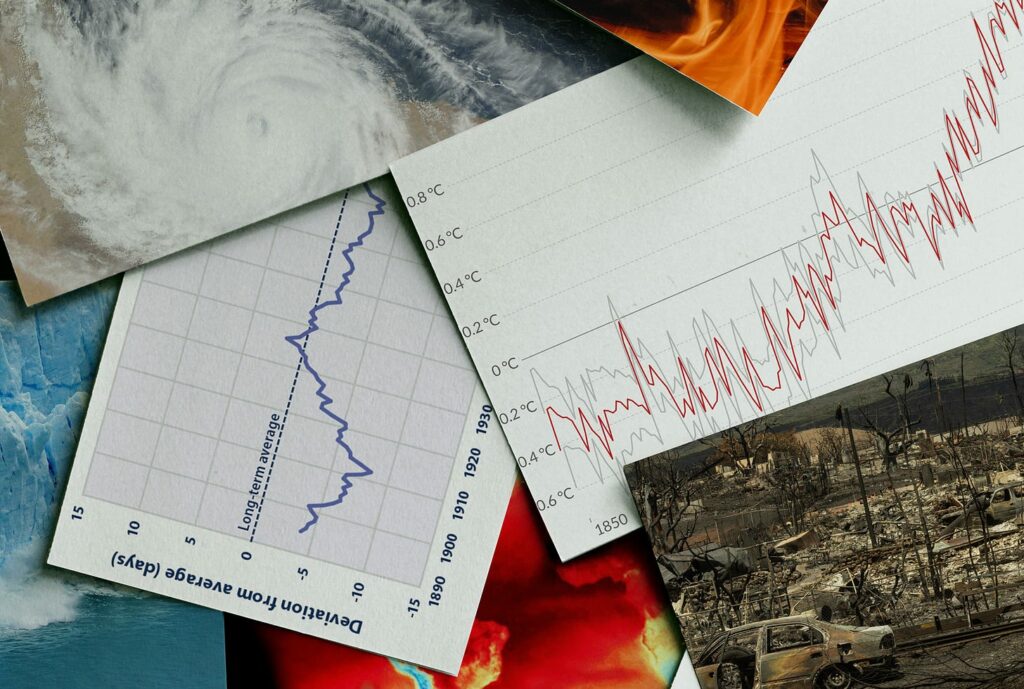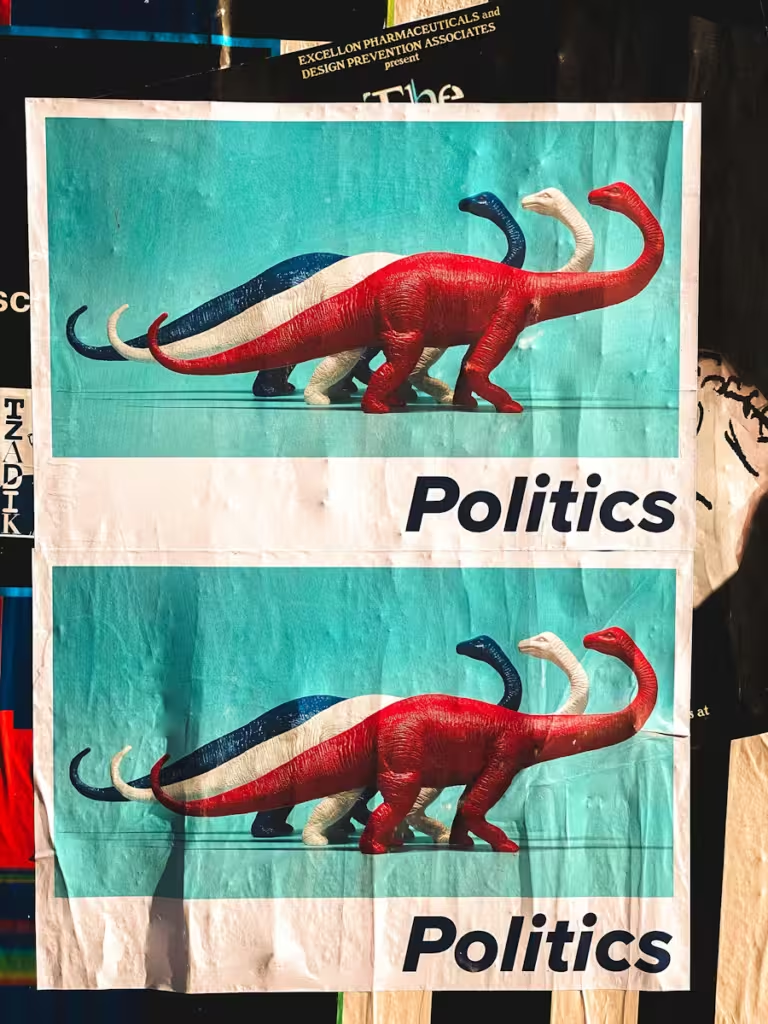Speaking of venerable publications that have lost their balance on climate, and there are so many to choose from, what about The Economist, whose arch skepticism of yore seems to have succumbed to what Canadian commentator Jonathan Kay in a different context called a takeover by “the lib-art-college they/thems” and ceased to engage with or even acknowledge diverse viewpoints or potentially uncomfortable hard logic? It just wrote a “Leader”, which North Americans call an “editorial”, bellowing “Global warming is coming for your home”. And it’s as absurd as you’d expect.
The whole piece reads like satire, starting with:
“Think about the places vulnerable to climate change, and you might picture rice paddies in Bangladesh or low-lying islands in the Pacific.”
We think instead of the brains of journalists, given how all those low-lying islands just won’t go under on cue. But here’s the supposed story:
“another, more surprising answer ought to be your own house. About a tenth of the world’s residential property by value is under threat from global warming – including many houses that are nowhere near the coast.”
Under threat? What does that even mean? Well, there could be weather, you see. Or rather, there is weather, since with climate alarmism the doom that looms is also here, arrived two decades ago, and is about to hit in a decade, a quarter-century or 75 years depending which way the wind needs to be blowing to take off your roof.
The article tries to have its cake and eat it too with “The full impact of climate change is still some way off” so it’s here if you like and yet still threatens. On the already-here front:
“From tornadoes battering midwestern American suburbs to tennis-ball-size hailstones smashing the roofs of Italian villas, the severe weather brought about by greenhouse-gas emissions is shaking the foundations of the world’s most important asset class.”
What utter tosh. Including that lurid business about “shaking the foundations”. Tried buying a home lately? Prices are soaring, especially in Canada, admittedly due to some very foolish and inconsistent policies unrelated to climate except occasionally rhetorically. As the article admits, while apparently retaining the belief that journalists who talk about houses are way smarter than their dunce readers who merely buy and live in them:
“House prices show little sign of adjusting to climate risk. In Miami, the subject of much worrying about rising sea levels, they have increased by four-fifths this decade, much more than the American average. Moreover, because the impact of climate change is still uncertain, many owners may not have known how much of a risk they were taking when they bought their homes.”
Or maybe they did and you don’t because you believe fairy stories about the Wicked Wind of the West. Besides, if the impact of climate change is uncertain it’s because it didn’t hit yet, right?
Right. And it gets worse:
“By one estimate, climate change and the fight against it could wipe out 9% of the value of the world’s housing by 2050 – which amounts to $25trn, not much less than America’s annual GDP. It is a huge bill hanging over people’s lives and the global financial system. And it looks destined to trigger an almighty fight over who should pay up.”
Oh yeah. One estimate. Well. Expert says. Case closed. Or is it? For one thing, that estimate comes from MSCI, “a global provider of equity, fixed income, real estate indices, multi-asset portfolio analysis tools, ESG and climate products,” which rather violates the rule about asking your barber if you need a haircut although the once-skeptical Economist doesn’t exactly go out of its way to draw readers’ attention to this possible conflict of interest.
For another thing, and bigger, so far the huge cost hasn’t been climate change, it’s been the fight against it, with carbon taxes, foolish regulations and huge subsidies to unworkable alternative energy deindustrializing European nations and impoverishing people who now struggle to afford heating in the chilly winters global “warming” has yet to turn into heatwaves.
There was a time when, among other things, the people at The Economist could do math as well as economics, or at least knew other people who could. It’s true that the U.S. GDP is around $25 trillion, and is roughly a quarter of the entire global GDN, chortling over America’s decline notwithstanding. So let’s suppose that we listen to these doomsters and adopt drastic policies that trim 1% off global GDP growth annually. Since global GDP is roughly $100 trillion, it would mean $1 trillion a year in foregone wealth or, by 2050, what’s this? Aaaack! $25 trillion. The whole amount you were panicking about.
All for nothing, probably. Weather has always been bad, especially in places famous for hurricanes, tidal waves, droughts, floods and so forth, and no doubt some homes will be damaged or even demolished as they always have been. (And in a rare fit of sanity, the article does caution against government subsidies that discourage prudent adaptation and sensible risk assessment.) But the idea that we can really confidently predict a $25-trillion increase in damage to houses due to changes in weather because of climate change (and to repeat, changes in weather are not actually a result of climate change but an example of it, if they happen), and then devise policies that will cost less than $25 trillion and prevent it, is the sort of nonsense The Economics would once have taken pointed pleasure in puncturing rather than peddling.
Those were the days. And no, the weather wasn’t better. Just the writing and thinking.



I subscribed to the Economist in the 90s as the antidote to the vapid choices of Time, Newsweek, Macleans etc but cancelled it a few years ago because of precisely this nonsense. I put the money into CDN instead!!!
I agree entirely about The Economist. In almost every particular it is informative, and intelligent, and frequently shines a light on parts of the world which would otherwise remain in darkness. But when they get onto climate, something weird happens. Collectively they lose the plot. It’s as if St Greta has taken over editorial policy. I have written to them about this, but to no avail.
Like religious future apocalyptic events,we don't know exactly "when" the Climate Catastrophe will occur.Next year?Tomorrow?2030?2100?Ever?
A lot of people are making a lot of dough preaching both types of doom and gloom.Al Gore and Penn State Mike are just two examples.
Very amusing, the $25 trillion thing....vapid, slack jawed morons!
It's difficult to find a mainstream publication that isn't completely captured. See this, from 1986, and smile sadly at how (far) the mighty are fallen:
https://m.youtube.com/watch?v=_SsccRkLLzU&pp=ygUYZ3VhcmRpYW4gc2tpbmhlYWQgYWR2ZXJ0
It’s worse than you think; if you lose 1%/year in growth, you lose the growth on the growth, so almost $30T—you’re 20% better off just taking the hit in housing value! (and a hit to housing value is a maybe, the cost of cutting CO2 is a certainty, and probably much higher than 1%/year in growth, not to mention all the extra human deaths due to more poverty in the world)